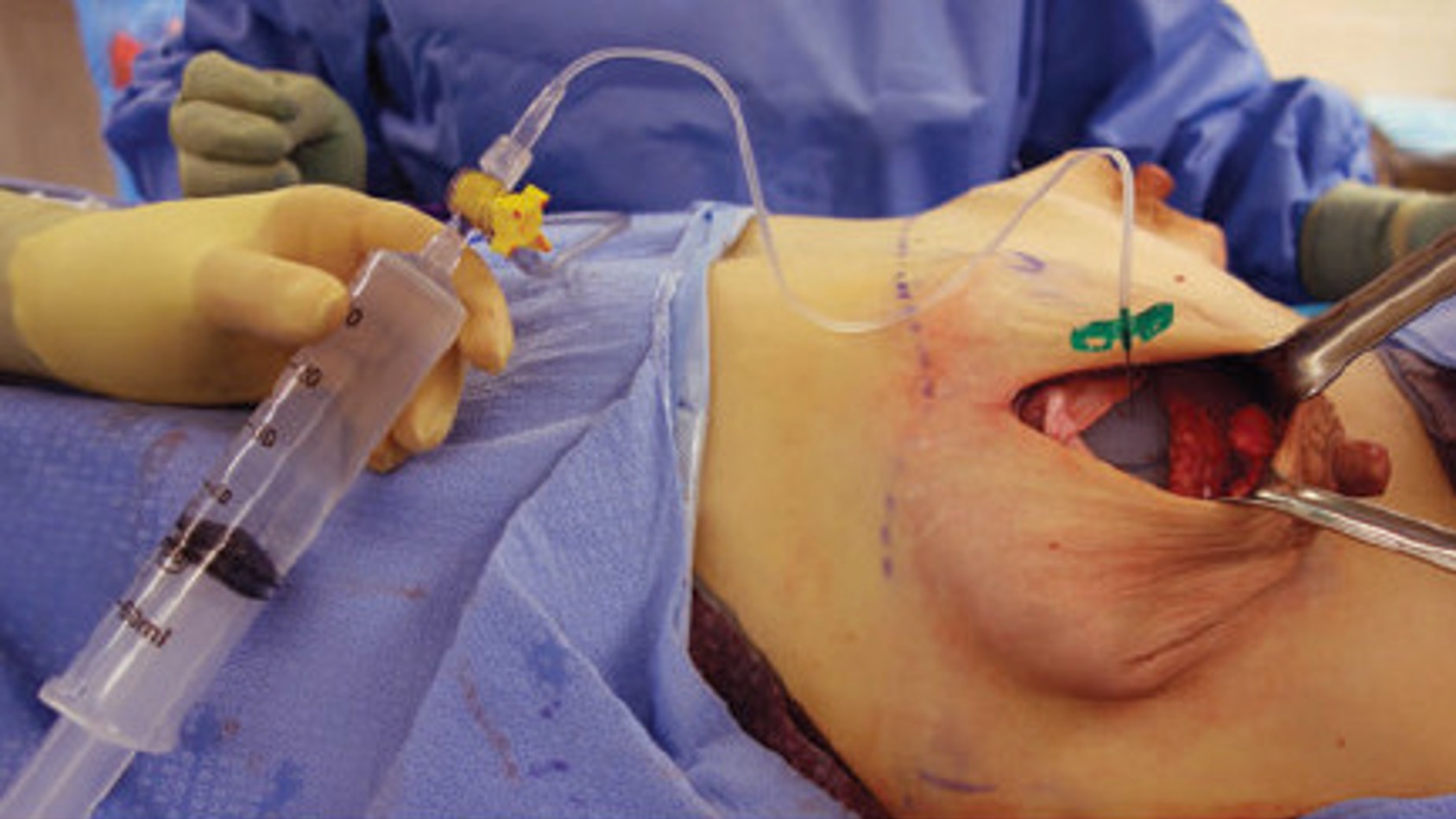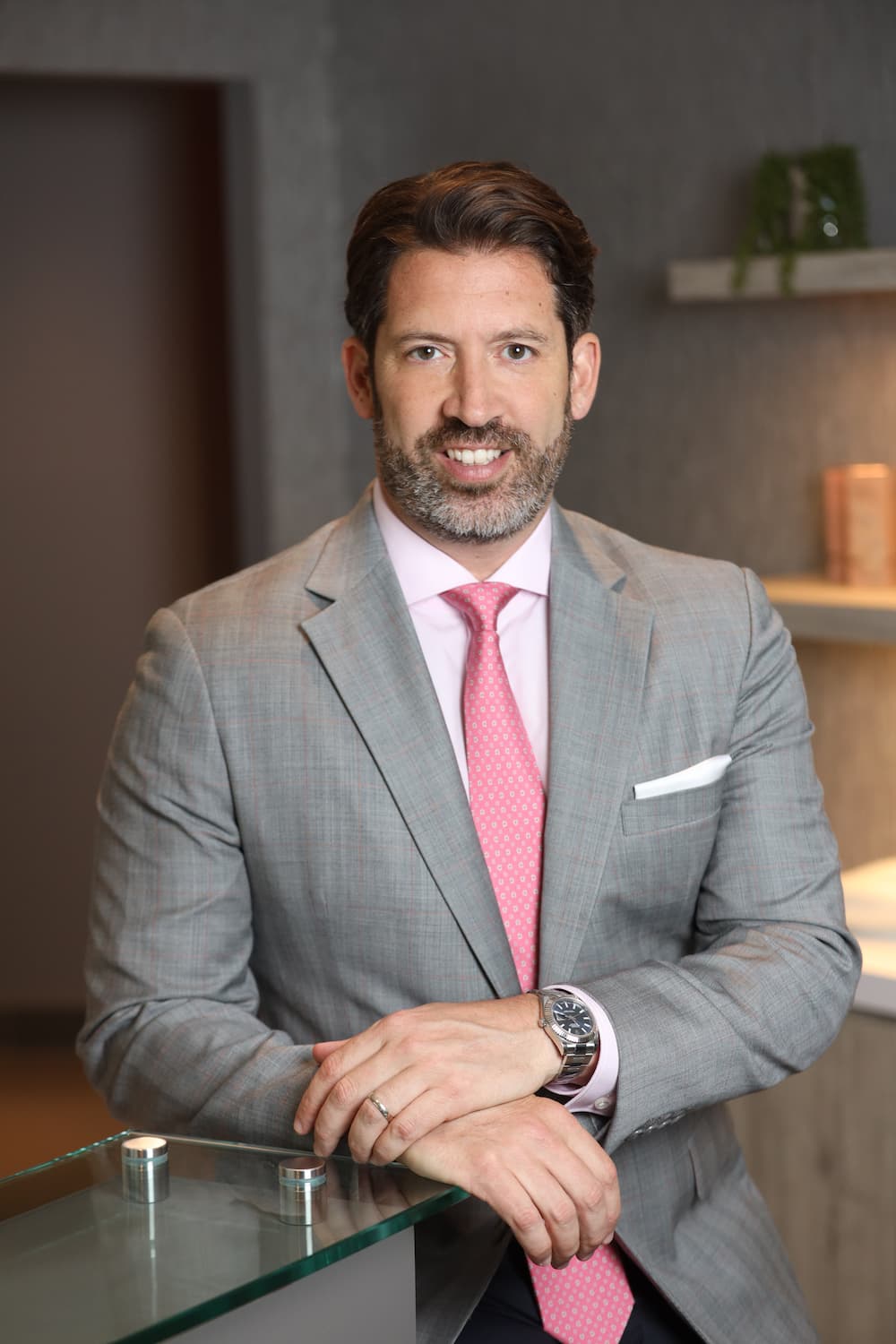Breast Augmentation Bellevue: Achieve Attractive and Well Balanced Results
Breast Augmentation Bellevue: Achieve Attractive and Well Balanced Results
Blog Article
A Deep Dive Into the Usual Reason for Looking For Plastic Surgery: Unloading the Need for Change and Self-Improvement

Societal Pressures and Charm Specifications
Regularly, social pressures and prevailing charm requirements play a considerable function in individuals' decisions to pursue cosmetic surgical treatment (liposuction bellevue). In contemporary culture, graph greatly affects individual understandings of attractiveness, usually bolstered by media, star endorsements, and social platforms. These networks regularly advertise idealized versions of beauty, leading people to internalize these criteria and examine their self-worth against them

Moreover, these stress are not restricted to particular demographics; they impact individuals across numerous ages, sexes, and backgrounds, highlighting the prevalent nature of beauty standards. This prevalent influence raises important inquiries concerning the values of cosmetic surgery and the effects of social standards on specific options. Ultimately, understanding these stress is crucial for cultivating a much more inclusive interpretation of charm that commemorates variety.
Personal Experiences and Transformative Stories
Many people who undertake plastic surgery record transformative experiences that prolong past plain physical changes. For several, these procedures act as a catalyst for boosted self-esteem and a restored sense of identification. Clients regularly define sensation freed from enduring instabilities, causing increased self-confidence in both personal and specialist realms.
Take, for instance, the story of a young female who went through breast enhancement after years of feeling uneasy regarding her look. Post-surgery, she reported not only a newly found comfort in her body yet likewise a substantial improvement in her social life and career opportunities. In a similar way, a middle-aged guy that chose to go through a renovation shared exactly how the procedure rejuvenated his expectation on life, prompting him to go after brand-new interests and partnerships.

Emotional Factors Behind Aesthetic Surgery
Many emotional variables add to the decision to undergo cosmetic surgical treatment, mirroring much deeper emotional and psychological health considerations. People frequently go after medical improvements as a method to resolve feelings of inadequacy, reduced self-confidence, or dissatisfaction with their appearance. These emotional motivations can be rooted in past experiences, social comparisons, or personal goals.
Body image distortion is a common problem, where individuals view their physical qualities in an exaggeratedly adverse light. This distortion can result in obsessive thoughts about perceived defects, triggering the desire for surgical alteration as a solution. Additionally, the pursuit of excellence and social stress can magnify these feelings, pushing people toward aesthetic treatments in hopes of click to read accomplishing an idealized version of themselves.
Additionally, the idea of self-improvement plays a critical duty. Lots of individuals see cosmetic surgical treatment as a pathway to enhance their quality of life, thinking that enhanced appearance will result in enhanced social acceptance, far better connections, or boosted career chances. Ultimately, the mental aspects behind cosmetic surgery emphasize the complicated interplay in between private self-perception and external influences, disclosing the multifaceted nature of the need for modification.
The Role of Media in Assumption
In today's culture, media plays an essential role in forming understandings of beauty and self-worth. Via different systems-- social media, television, and marketing-- idyllic standards of elegance are typically disseminated, affecting individual desires and self-image. These portrayals regularly emphasize slim definitions of beauty, mostly featuring vibrant, slim, and electronically enhanced images, which can create unrealistic criteria for people aiming to adhere.
The impact of media is more worsened by the prevalent nature of social networks, where customers are pounded with curated material that highlights aesthetic enhancements, backing a society of contrast. This constant direct exposure can lead to feelings of insufficiency amongst viewers, triggering them to take into consideration cosmetic surgical treatment as a method of achieving the perceived suitable. Research study indicates that individuals who involve with these media depictions are more likely to share frustration with their appearance, reinforcing the wish for medical treatments.
In addition, the normalization of cosmetic surgery in media narratives can desensitize audiences, framing such procedures as commonplace and also needed for social approval. Hence, the media's representation of elegance not just affects specific selections concerning plastic surgery however also contributes to a more comprehensive social discussion regarding self-respect and identification.
Moral Considerations and Future Fads
Amidst the growing popularity of cosmetic surgical treatment, honest considerations surrounding the method have ended up being significantly famous. As the demand for procedures rises, so too do problems pertaining to educated authorization, the mental motivations of patients, and the capacity for exploitation by cosmetic surgeons. It is essential for practitioners to ensure that Click Here people totally comprehend the risks and advantages, in addition to the implications of their selections, to promote a responsible approach to aesthetic enhancements.
In addition, the influence of social media and appeal requirements questions about the effect on mental wellness, specifically amongst vulnerable populaces. As awareness of body photo issues grows, this contact form honest practice requires a mindful examination of the motivations behind surgical treatments. Specialists must stabilize patient needs with honest duty, guaranteeing that decisions are rooted in authentic self-improvement instead of societal stress.
Wanting to the future, fads might move in the direction of non-invasive and highly progressed procedures, highlighting patient safety and security and fulfillment. In addition, the unification of psychological assessments can help attend to underlying concerns before surgical intervention. The cosmetic surgery field have to adjust to these ethical obstacles while promoting a culture of transparency and self-acceptance, eventually focusing on the health of patients.
Conclusion
Finally, the pursuit of plastic surgery is affected by an assemblage of social pressures, personal experiences, and psychological factors. The desire for alignment with dominating charm criteria, coupled with the capacity for transformative outcomes, highlights the complex inspirations driving people toward these treatments. Additionally, the role of media in forming assumptions of charm can not be underrated. As moral considerations advance, future fads in plastic surgery will likely mirror recurring social dialogues bordering self-improvement and private identity.
Often, societal stress and prevailing elegance requirements play a significant duty in people' decisions to go after cosmetic surgery. liposuction bellevue. Inevitably, these transformative stories highlight the diverse factors individuals look for cosmetic surgery, linking individual growth with the quest of visual improvement
Many individuals view cosmetic surgical treatment as a pathway to boost their high quality of life, thinking that improved appearance will certainly lead to enhanced social approval, better partnerships, or enhanced profession possibilities. Inevitably, the mental variables behind cosmetic surgery underscore the complex interaction in between individual self-perception and external influences, exposing the complex nature of the desire for adjustment.
As ethical considerations progress, future fads in cosmetic surgical procedure will likely reflect continuous social discussions bordering self-improvement and individual identity. liposuction bellevue.
Report this page